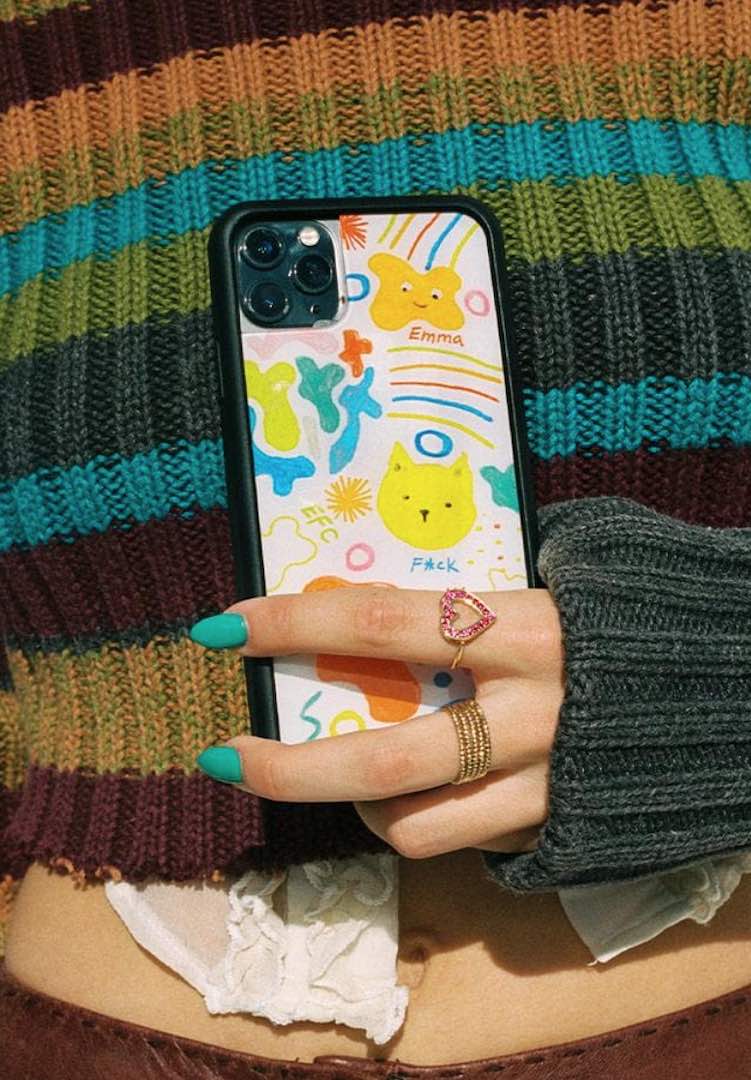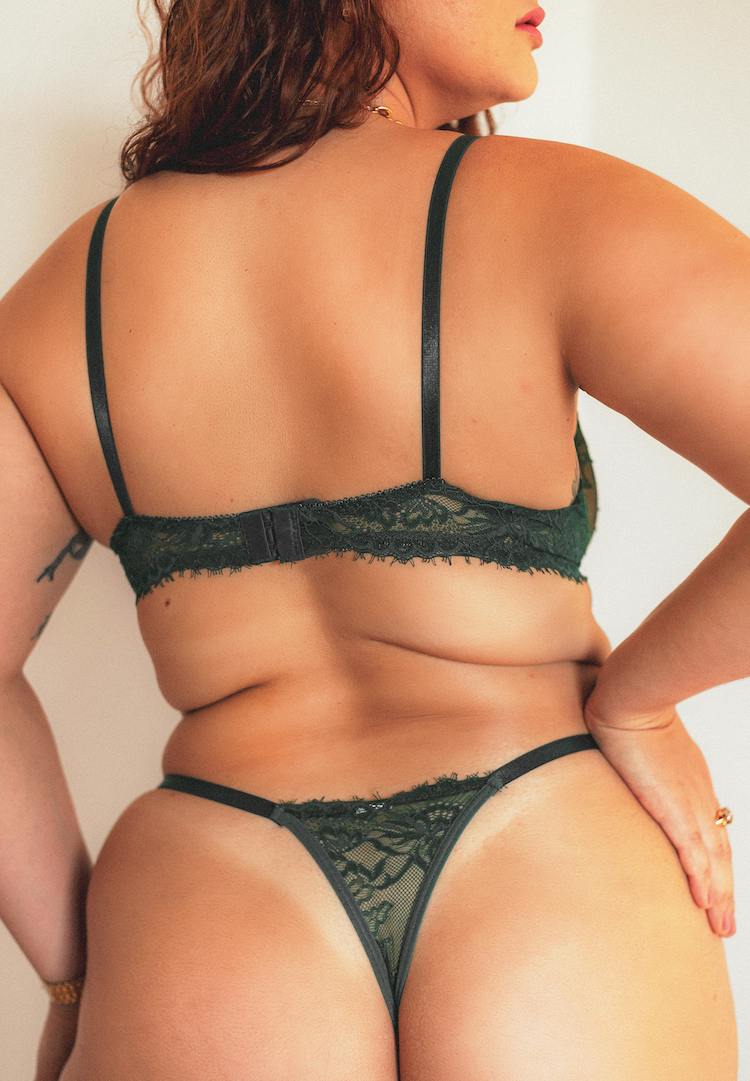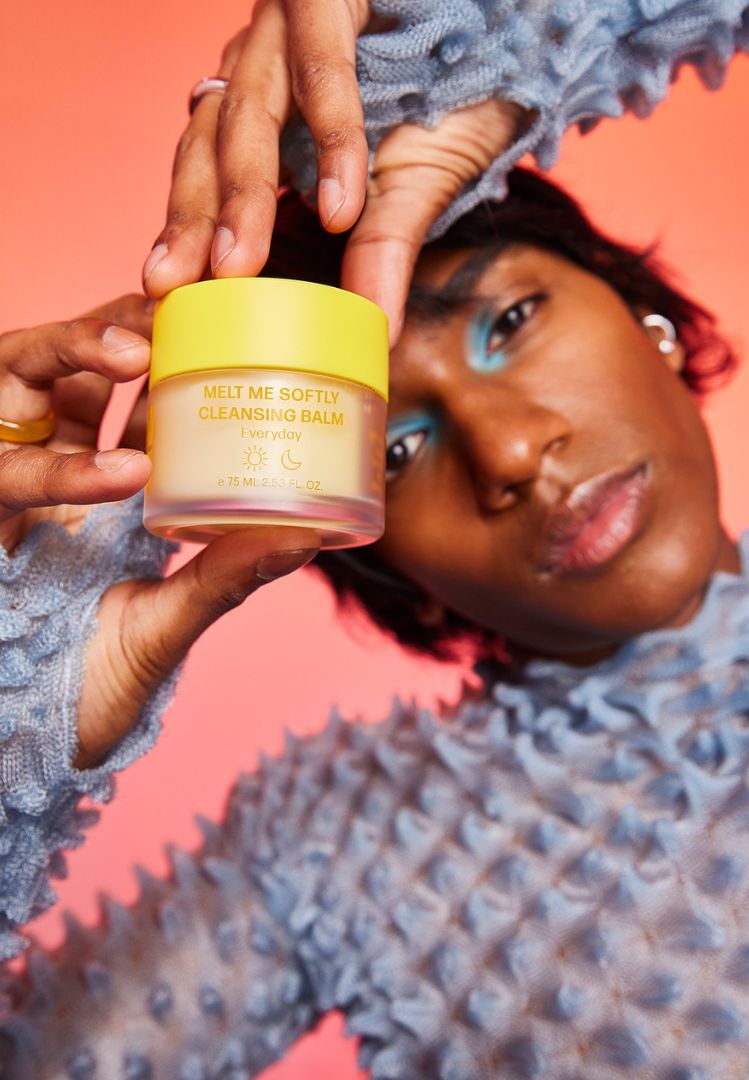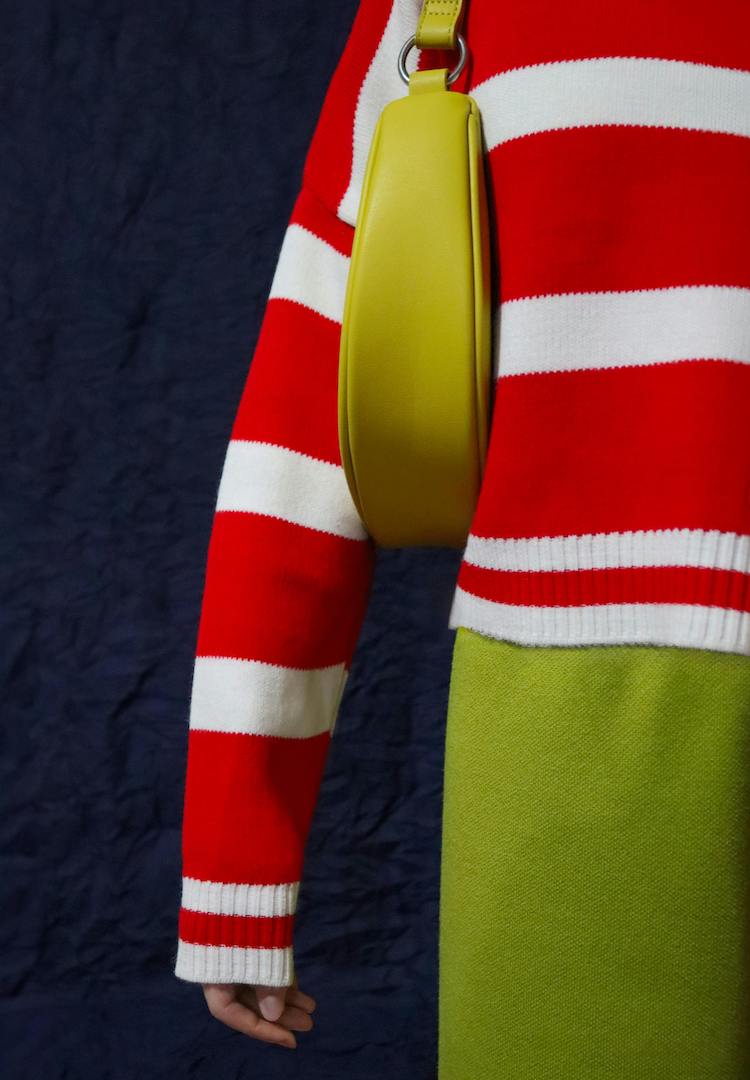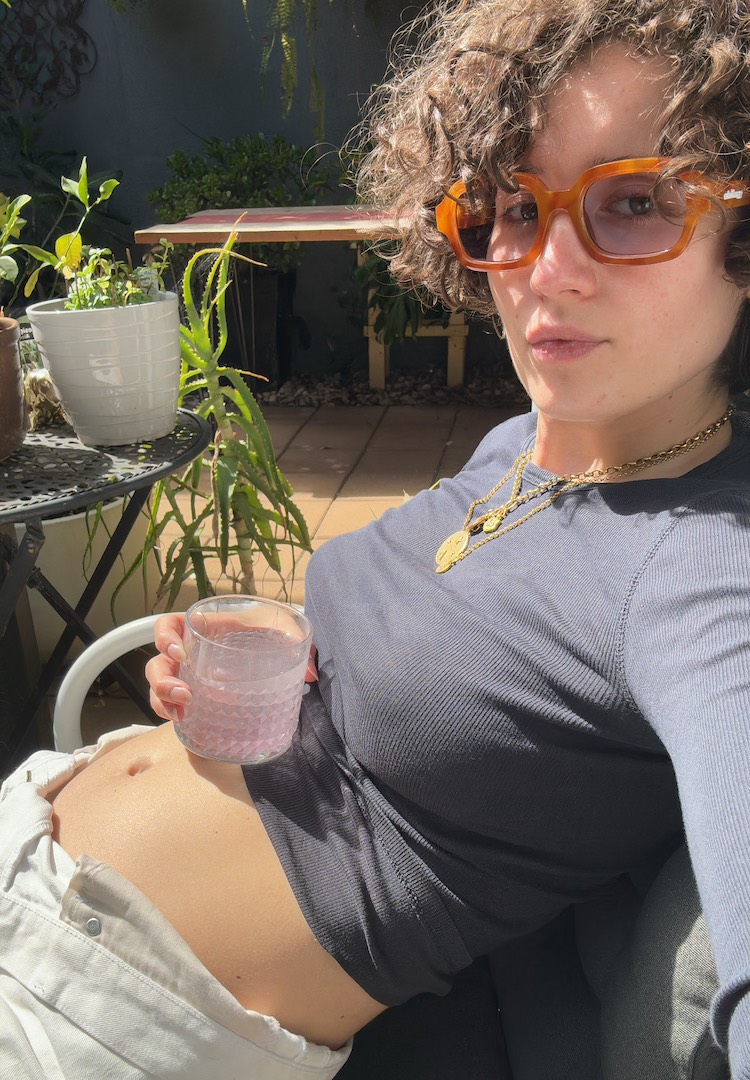I had surgery on my cervix and I’m ready to talk about it
IMAGE VIA @WEARESCARLET/INSTAGRAM
WORDS BY ELEANOR DANENBERG
Dismantling the taboo around vaginal health.
I’m usually an open book, an over-sharer. I’m sure a few of my friends would tell you they know more about me than they’d like to. A year ago when I found out I needed surgery on my cervix, I surprised myself by keeping it reasonably private. I told my immediate family and a handful of friends, but not everyone. Not because I didn’t trust them.
Surgery on your cervix is a uniquely personal experience, and I did what I had to do to get through it; I don’t regret any of the decisions I made. Now, I’m ready to talk about it. My routine cervical screening detected human papillomavirus (HPV) in some of my cells. If left untreated it could become cervical cancer.
For more thought-provoking stories, head to our Life section.
My levels were in the ‘intermediate risk’ range, and I was told to come back in a year to see if the cells would clear themselves up and if the levels would go back to an acceptable range. After a year and another screening, the results hadn’t changed. I was told to go to a gynaecologist for a colposcopy, which is a little biopsy with no anaesthetic.
It was similar to a cervical screening but more uncomfortable. The gynaecologist told me just from looking at my cervix, she thought I would need surgery. The results came back, and she was right. I needed a LLETZ procedure, where an electrically heated wire cuts through the top layer of your cervix, removing the abnormal cells. I couldn’t have sex or use my menstrual cup for four weeks afterwards.
In the space of two years, I had two doctors inside of me six times. I have become desensitised to something quite personal and invasive. Some people might dread taking their underwear off for a complete stranger who straps a light onto their head and says “Okay, ankles together, knees apart”. For me, it’s routine.
The idea of surgery on your cervix is intimate, squeamish, and really scary. It was day surgery, but it was still all these things. I wondered why this was happening to me. What if the surgery didn’t work, what next? I was scared of the procedure, and I was scared of what would happen afterwards. What if it changed everything for the worst – my periods, my sex life? What if I didn’t feel like me?
I had the surgery in the same hospital my papa was in before he died. Border closures meant I was separated from my mum, dad, and sister. These factors gave an already difficult experience an edge. When I woke up from the anaesthetic my first thought was, ‘I want my Mum’.
I started crying and the nurse asked if I was in pain. I couldn’t explain why I was crying because then I would have only cried more, so I just shook my head. The nurse tried to reassure me. “It’s common for people to be emotional as they come out of anaesthetic.”
My roommate picked me up and bought me junk food. I brought home Panadeine Forte from the hospital like a party bag, and we watched Rogue One. My family sent flowers and a friend left chocolates and a card on my doorstep. Of the small number of people I told about my surgery, most were supportive.
I’ll never forget the consideration people went out of their way to give me. One friend asked if I would be comfortable if they told their mum about my surgery; knowing that mine couldn’t be with me, she wanted to be my surrogate mum. She offered to drive an hour and a half and cook for me, and I knew she meant it.
I work hard every day to come across as strong and confident, regardless of how I feel. On top of that, I’m also an optimist. This is just how I am, and what gets me through. I learnt when you’re a strong and confident woman, people might assume you don’t need help or support, and that’s not true or fair.
My surgery also hammered home that you don’t know what other people are going through. According to my social media, nothing was out of the ordinary in my life. I had my surgery in the second week of a new job, so I had to bounce back and be ready to learn and get to know people. I carried on as normally as I could because I had to.
I was so glad I had the surgery, and so privileged and fortunate I could. But afterwards, I also felt raw, vulnerable, and so bloody scared. I was scared to use my menstrual cup and I was scared to have sex. I didn’t want to touch myself there because I knew it would feel different and foreign. I have always been incredibly comfortable with my body, but I felt like I didn’t know myself. I had no choice but to get myself through it at my own pace. And I did. I love my new and improved cervix.
My friend who has vaginismus told me she would feel less overwhelmed and isolated about her condition if she knew someone who had it too. This encouraged me to open up about my experience. Issues ‘down there’ are so common, yet so taboo. Whether it’s endometriosis, polycystic ovaries (PCOS), fertility issues, vaginismus, STIs, STDs, abnormal cells like mine, all of the above, or something else: your body isn’t broken or wrong, and what you’re going through is so much more common than you think.
It’s not your duty or obligation to open up about your experience, but I feel it absolutely is mine. If just one person feels comforted after reading this, I’ll be fucking stoked. The biggest lesson my surgery taught me was this: your body is your home and your future, so get your regular cervical screenings, mammograms, mole checks, all of the damn checks. Listen to your gut if you think something’s not right. When it comes to your health, knowledge and time are your allies.
Some people may read this article and think, ‘Too much information’. They might think I’m oversharing or being self-indulgent. It’s fine if you think that, but that’s not about me. I won’t hide this so you feel more comfortable. Your discomfort is not mine. My body is not yours.
To learn more about cervical cancer and the importance of getting screened, head here.

